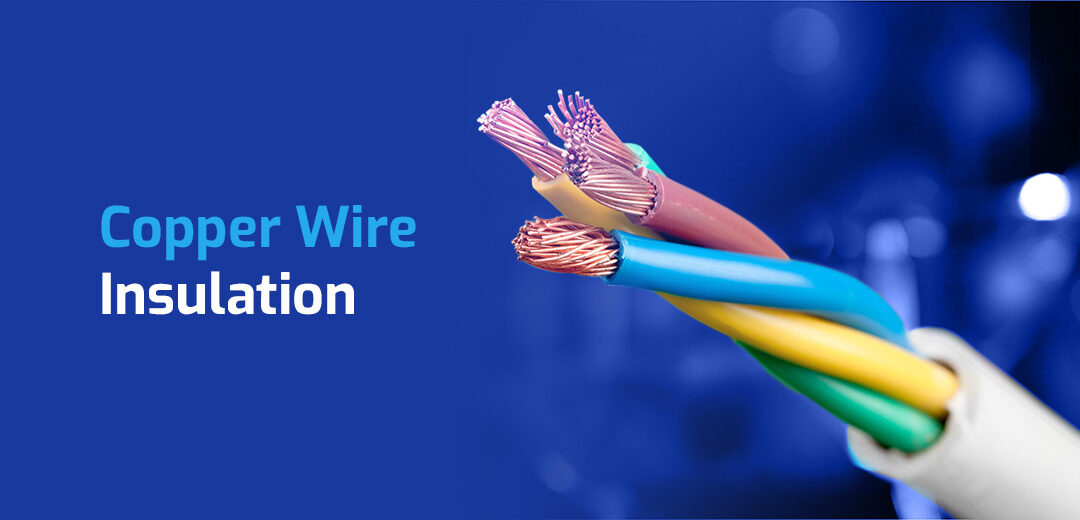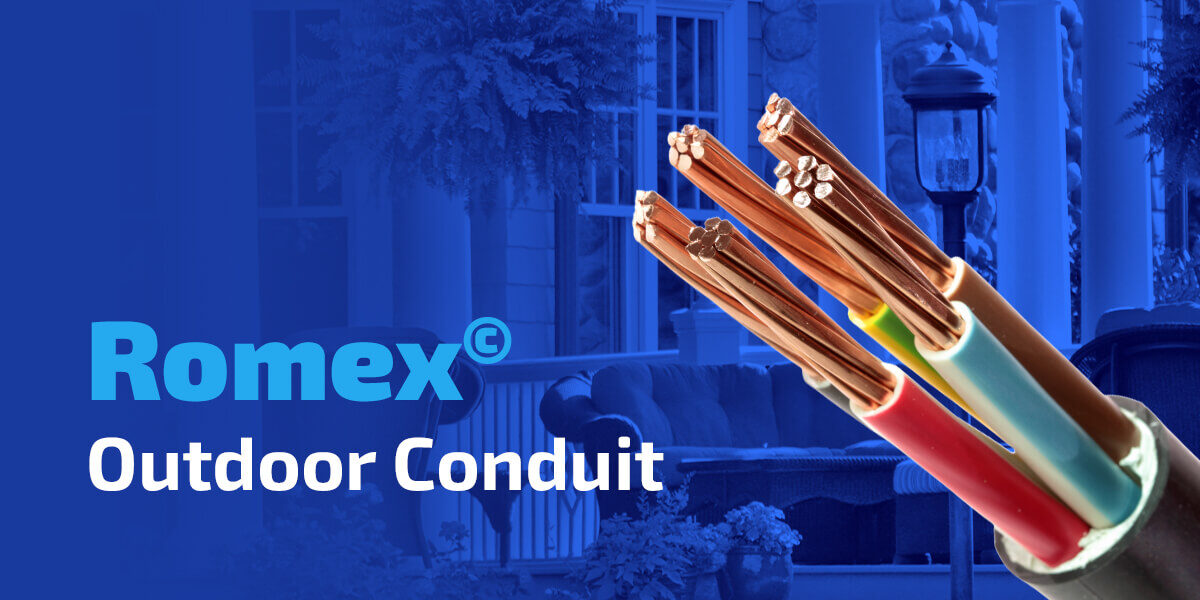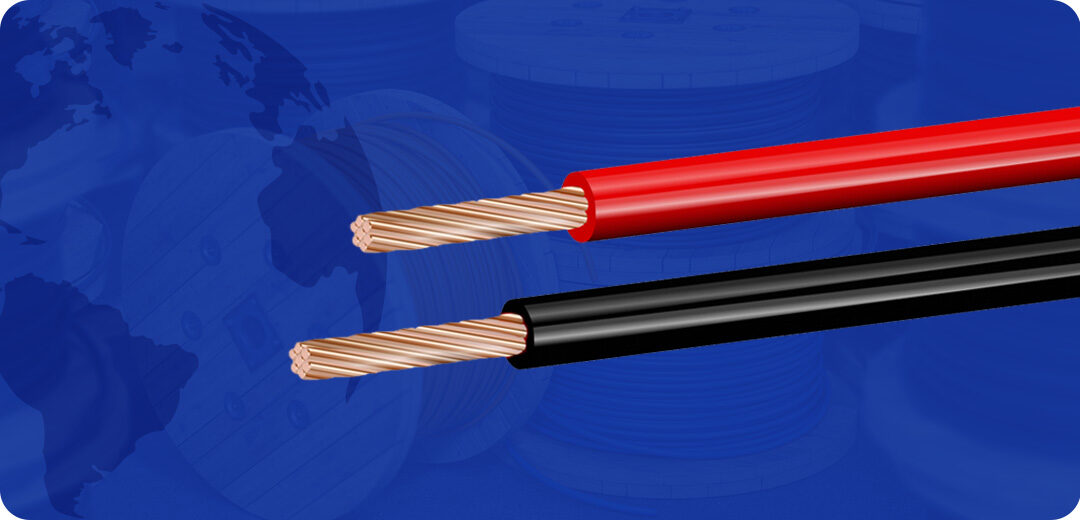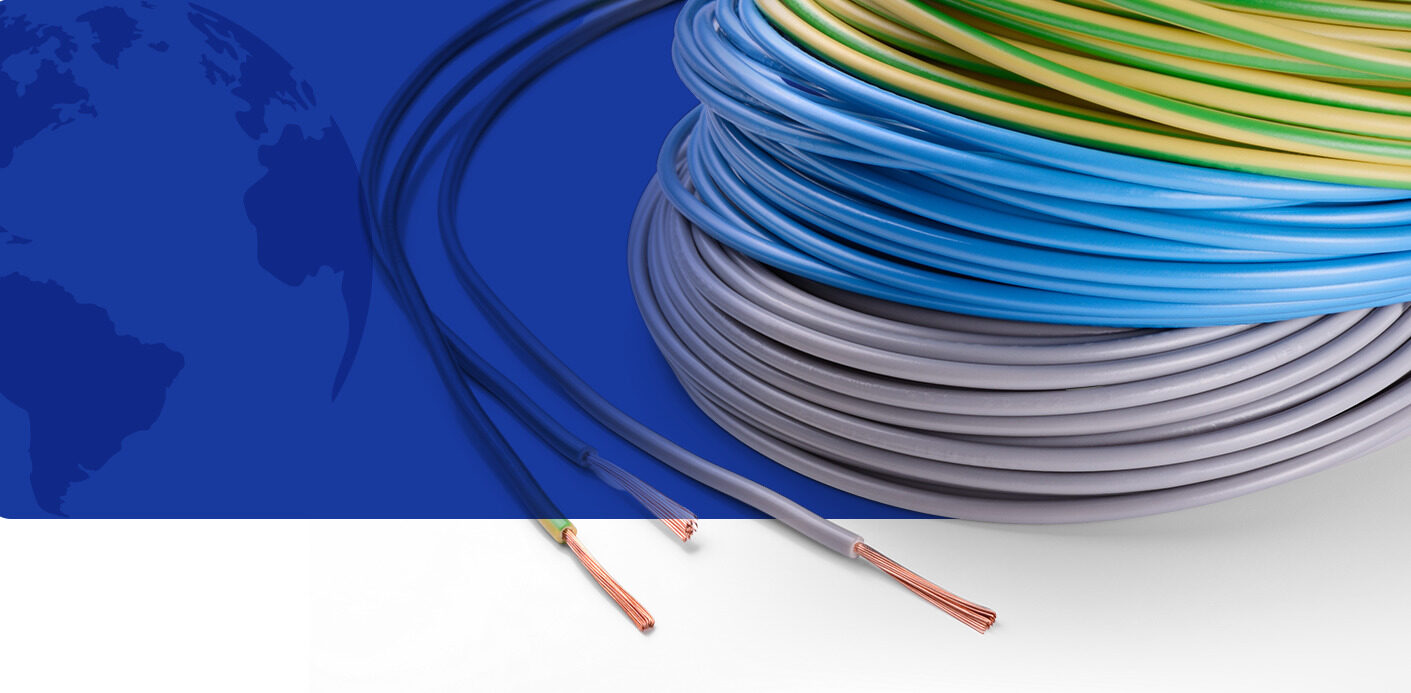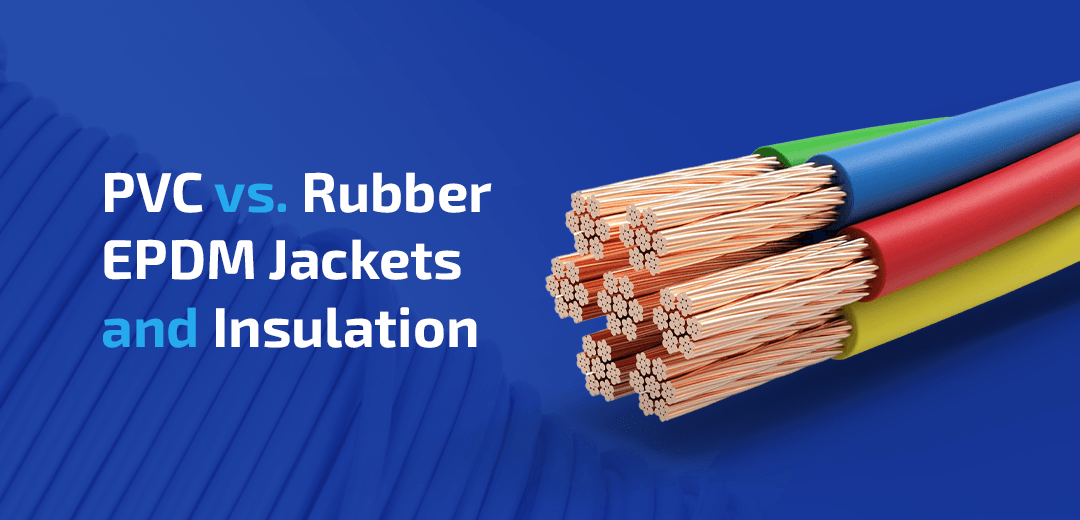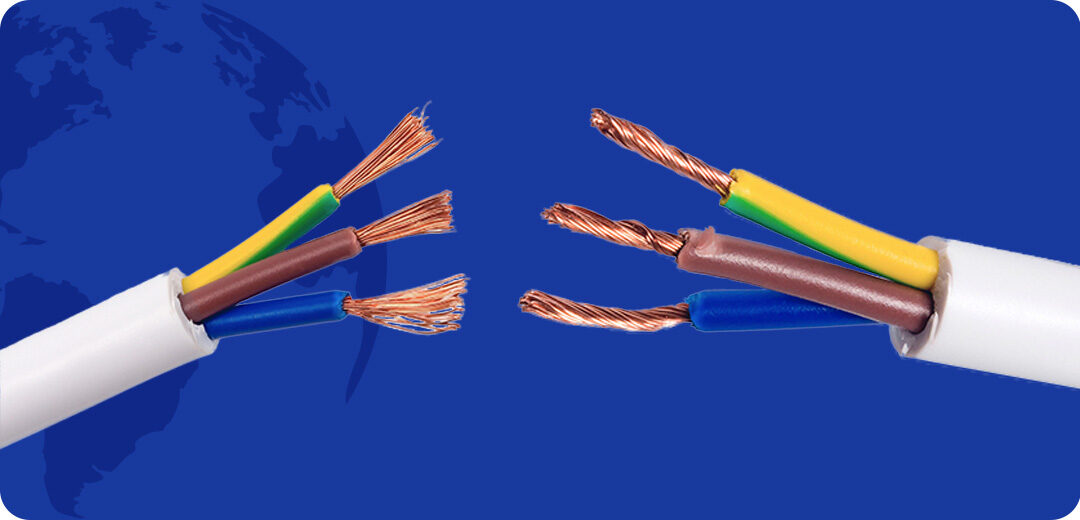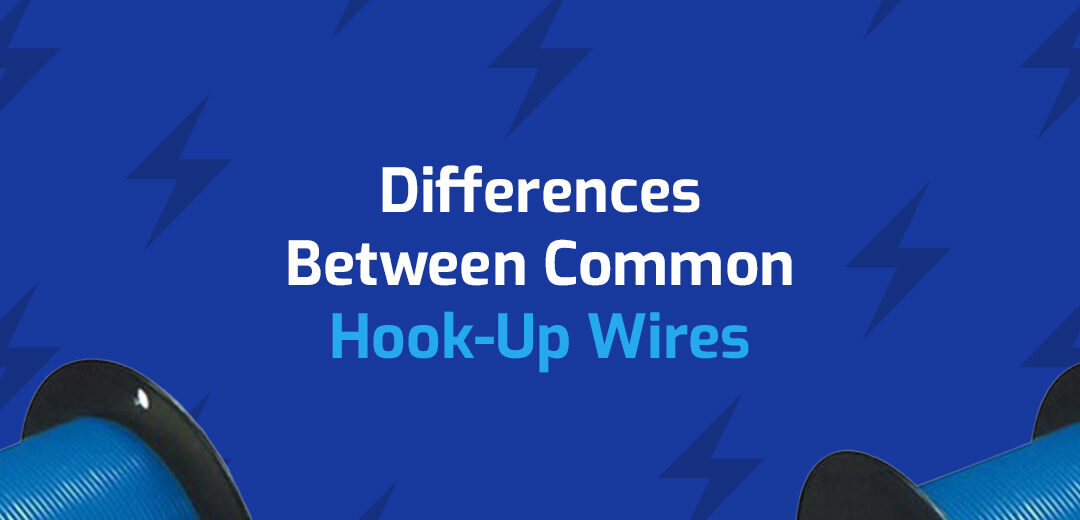Hooking Up A Welder With Welding Cable
When hooking up a welder with welding cable, you must first understand how the equipment works. This will help you avoid accidents and allow you to be able to produce better products. The welding cable is used to supply power to the secondary circuit of an electric welding generator. This circuit is used to control…
Copper Wire Insulation
There are several different types of copper wire insulation and applications, making it challenging to know which one is right for your project. The three types of cable insulation primarily used are plastics, rubbers and fluoropolymers. Choosing the right type of electrical wire is crucial for any project. Whether you need direct burial electrical wire…
Why Romex Wiring Can’t be Used Outdoors
Why Can’t Romex Be Used Outdoors? Romex is a type of electrical wire used in various applications. While Romex wiring is useful for many indoor applications, it is unsuitable for outdoor use. This article explores why Romex can’t be used outdoors, compares Romex vs THHN for outdoor use, and discusses safer alternatives for outdoor wiring projects. While…
What is Fire Alarm Cable? The Main Types & Uses
When disaster strikes, the response systems must be up to the challenge. They can’t have cables that melt at the first sign of heat or experience interruption in tough conditions. That’s why understanding the different types of fire alarm cable is crucial. Built from materials like copper, these cables can be trusted during critical moments.…
Welding Cable vs. THHN Electrical Wire
Whether you’re in the construction, automotive or electric business, you’ve likely witnessed the benefits of using welding cables and THHN wires for your projects. These small but mighty wiring options can supply power to your secondary control circuits, machinery and appliances. Wherever you need to supply or transfer power during your projects, welding cable and…
Types of Electrical Wire
Various electrical wire types are available, each with unique properties and applications. Whether you’re an electrician or a DIY enthusiast, understanding the characteristics of these wires helps ensure your electrical projects are safe, efficient and up to code. Join us as we discuss the types of electrical wire below. Electrical Wire Types Common types of wire include…
PVC vs. Rubber EPDM Jackets and Insulation
Assume you need four wires to power your connection. Running each wire individually would be the old-fashioned way, but now, manufacturers surround all four wires with a polyvinyl chloride (PVC) or rubber jacket for protection and ease of installation. These two options, rubber and PVC, have different benefits, making them appropriate for varying situations. Knowing the difference between these two outer layers can…
UL1007 vs UL1015
For some projects, you need to decide which wires work best for your specific application. Knowing the difference between UL1007 vs. UL1015 and the individual features they have can make completing your project straightforward and clear. Take a look at the differences between UL1007 vs. UL1015 hook-up wires for your next wiring needs. Which Projects…
Differences Between Common Hook-Up Wires
Hook-up wire is a single-conductor wire used in low-current and voltage applications. It’s available in multiple constructions with various conductors, insulations and jacket materials. Electricians often use hook-up wires in enclosed electronic equipment such as control panels, automobiles, meters, ovens, computers, electronics and appliances. Specific kinds are even suitable for military specifications. There are many…
Wire and Cable Acronyms Explained
Every industry uses abbreviations, some of which can confuse the uninitiated. In the electrical wire industry, terms like THHN wire, THWN wire, and THW wire indicate specific features, materials, uses, and safety ratings. This post will help clear the air by explaining these common electrical wire acronyms. What Does TFFN/THHN/THWN Mean? Insulation on commonly used electrical building wire…

